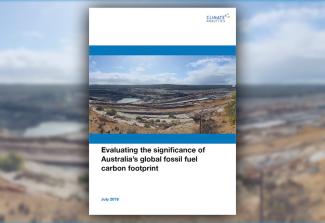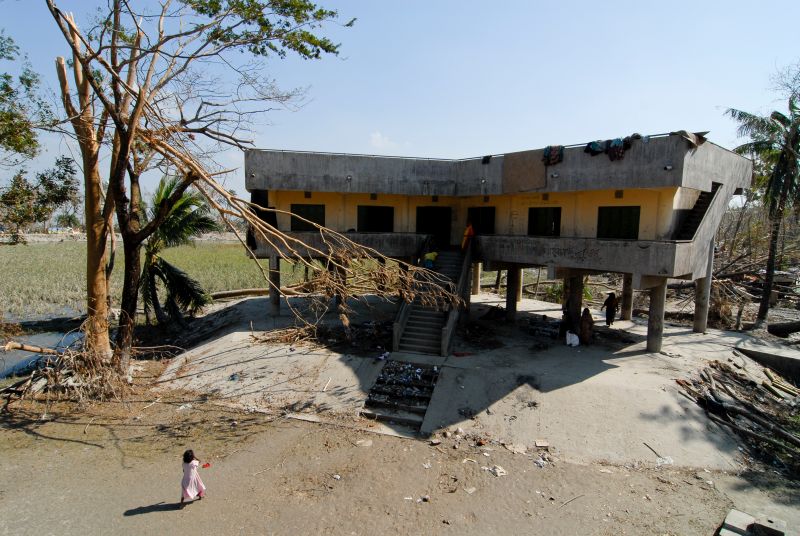Scientific literacy
Why everyone should understand climate change

According to the Organisation for Economic Co-operation and Development (OECD), scientific literacy is “the ability to engage with science-related issues, and with the ideas of science, as a reflective citizen”. It implies that people will only accept as valid knowledge insights that are based on empirical evidence. It is not enough to have some kind of theory of a phenomenon, that theory must stand up to facts and critical reasoning.
Science is a very powerful tool for understanding the world we live in. Its findings are often counter-intuitive. An individual person would not notice global warming. The phenomenon is too complex. Nonetheless, the Intergovernmental Panel on Climate Change (IPCC) has stated clearly: “Scientific evidence for warming of the climate system is unequivocal.” The IPCC’s job is to monitor research results globally, and its members are leading scholars.
Indeed, there is compelling factual evidence of rapid climate change: global temperatures are rising, polar ice sheets are shrinking, glaciers are melting et cetera. As climate scientists have been predicting for decades, moreover, extreme weather events are becoming more frequent – and causing evermore damage. The data confirm scientific theories.
Ways out of the crisis
On the upside, science offers us ways out of the crisis. Sustainable and scalable solutions exist. On a global scale, we can replace fossil fuels with renewable energies. The transition to climate-friendly lifestyles is feasible, but it requires determined action.
So, why hasn’t every person on earth bought into the urgency of climate change and embraced the solutions? I think there are two interrelated barriers to action. The powerful fossil-fuels industry opposes reforms and has a history of promoting denialism. On the other hand, fearful people take comfort in disinformation that tells them everything is alright – or at least, that they are not to blame.
Misconceptions in Australia and Germany
I live in Australia, after spending much of my life in science-education and development projects in Asia and Africa. People in my home country often claim that Australia’s contribution to climate change is small. They are wrong. In 2019, a report published by Climate Analytics, an international think tank, had this damning summary: “On a per capita basis, Australia’s carbon footprint, including exports, surpasses China by a factor of 9, the US by a factor of 4 and India by a factor of 37.” This report was widely circulated but only had minimal impact on public opinion and government policy.
In a similar sense, Germans tend to believe they are “climate world champions”. In truth, all but four other EU countries had lower CO2 emissions per capita in 2016 according to World Bank data.
What can be done? Sounding the alarm in a “doom and gloom” fashion does not work. However, understanding the science behind climate change could not only reduce denialism, but also inspire faith in available solutions. Fake-news lies are more readily accepted when the basic science is not understood.
School curricula are relevant for promoting scientific literacy, but they evidently do not suffice. Funding is often woefully inadequate – not only, but especially in developing nations. I know of wonderful science teaching in many places. To get a grip on climate change, however, we don’t need isolated beacons of light. We need a floodlit plain.
Change needs to be a multi-level process: at personal, local, national and global levels. Each person in each community should understand the scientific basics of climate change. We must insist on evidence-based reasoning, assess information critically and reject conspiracy theories. One does not need a university degree to attain basic scientific literacy. Good science journalism is helpful, and many scholars make efforts to help people understand their research. TED Talks (www.ted.com) are videos from expert speakers with subtitles in many languages. On the internet, they are freely accessible.
Carmel McNaught is an emeritus professor of learning enhancement from the Chinese University of Hong Kong and a distinguished visiting professor at the University of Johannesburg.
carmel.mcnaught@cuhk.edu.hk









